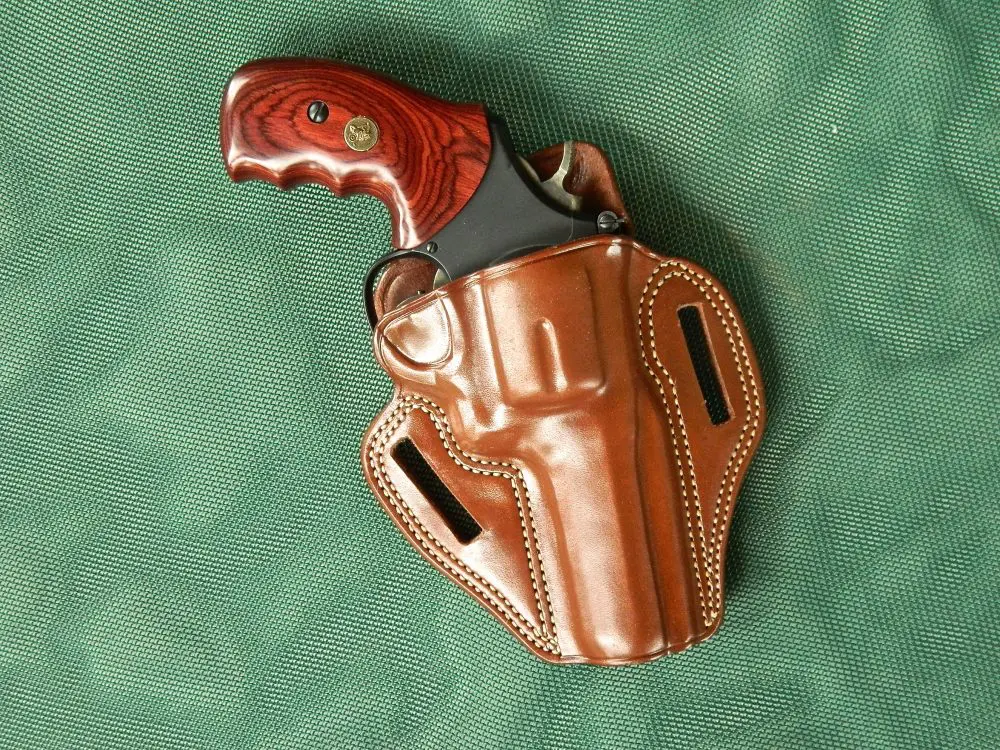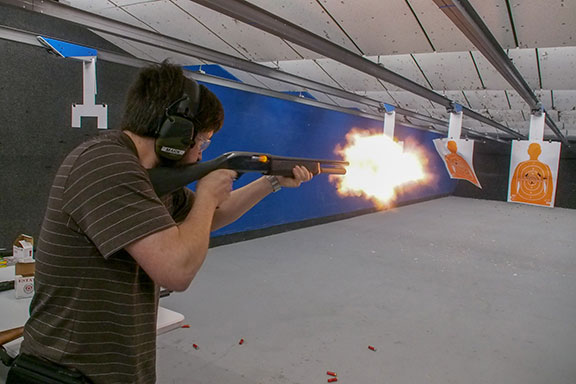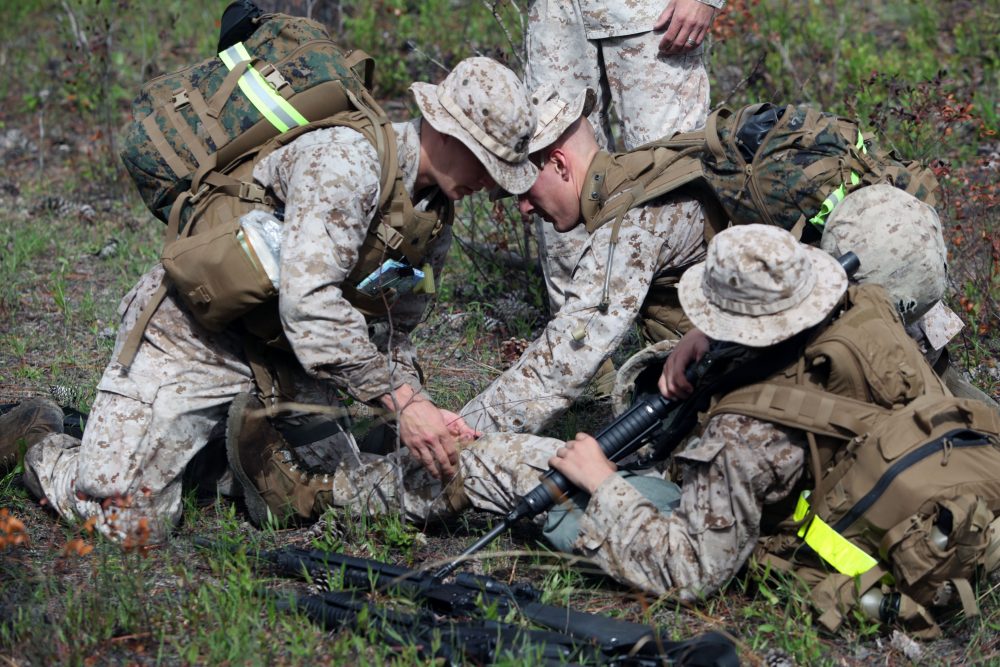It is said that all good things must come to an end and, in that regard, I have now ended my watch for the last time.
A few weeks ago I marked off-duty, took off the uniform and suddenly felt drained, relieved, excited, nostalgic, hopeful, and even unburdened. To my great relief, I didn’t feel any regret; it was obviously time to go.
Now that I am officially a member of the Old Fart Retiree Club, if the kind reader will pardon a moment of self-indulgence, I’ll share a few thoughts from 30 years behind the badge, all of which were learned after repeated blows from the sharp and uncaring hand of fate.
Fresh out of college as a wet-behind-the-ears 22-year-old in 1985, I was hired as a jailer at the Sheriff’s Office. In our state, the Sheriff is a constitutional officer who is responsible for law enforcement duties in unincorporated areas and also operates the county jail.
In that role, I quickly learned several important lessons, the most significant of which was the fact that there are many, many people in this world who will steal, rob, and kill if only given the opportunity. For a kid who had led a “normal” life, it was a shock to constantly interact with people who have absolutely no concern for other human beings: nothing, none, nada, zilch, zip. These weren’t mass murderers or anyone so newsworthy, but simple everyday dirtbags who view you and me as mere impediments in their pursuit of happiness.
Thus, our first lesson: sociopathic people are common and, more importantly, standing right around the next corner. Over the years, when talking to “normal” folks about crime prevention and personal safety, it was readily apparent that most simply can’t comprehend there is someone within shouting distance, right now, who would rob, rape, or kill them if there were some type of gain and a reasonable chance of escaping punishment.
That’s why you simply must be prepared and ready to respond to violence all the time.
I became a reserve officer after completing the six-month reserve academy. A watershed personal moment occurred the first time I stopped a vehicle as a lone 23-year-old reserve officer lost among the cornfields.
Walking up on a carload of troublemakers with your closest backup 20 minutes away is not a warm and fuzzy feeling. After a few such experiences, I learned that when dealing with dangerous people and dogs, you can’t show fear or it will end badly for you. In every dangerous encounter, you must be the apex predator in the food chain.
I was hired as a full-time officer on the city police department in 1989, beginning a 26-year odyssey.
In the intervening decades, I’ve been a SWAT sniper, dog handler, detective, dive team member, bike patrol member, department media spokesman, and patrol supervisor. Though our rapidly growing town is a nameless, faceless burg in Middle America, I’ve had a chance to sample many different roles within the profession.
Along the way, a one-of-a-kind guy named Louis Awerbuck brought my words to the attention of S.W.A.T. Editor Denny Hansen and, 14 years later, we’re still holding these monthly chat sessions. And I intend to keep on holding them – I’m retiring from the force, not from S.W.A.T. Magazine.
Today we’ve got better uniforms, weapons, vehicles, communication devices, and computer technology, but one thing remains unchanged: officers must be ready to get “down and dirty” when dealing with the seedy underbelly of society. Sadly this is contrary to the political correctness running rampant among today’s law enforcement leaders.
Criminals must be dealt with harshly (but fairly) by hard men and women who stand always ready to serve. To think anything else is pure folly and a prescription for anarchy. The prevailing liberal, sorry, “progressive,” notion that people are kind, rational, and reasonable if you talk to them long enough (and give them money and an Obamaphone) is pure, undiluted horse plop.
Sorry, folks. The hard fact is that a portion of our population is one step below scorpions on the empathy scale. These people will only follow the rules of polite society under threat or actual application of force.
We need strong men and women on the front lines who aren’t afraid of confrontation, controversy, injury, or death. Furthermore, they need to be backed up by strong leaders who aren’t afraid to speak up and say things that aren’t politically correct. Those leaders appointed by politicians must also be unafraid to tell certain loud fringe groups that they are full of crap and need to shut up.
Of course, all that will happen when unicorns are peeing beer on Big Rock Candy Mountain.
For my part, I intend to stay involved in law enforcement in some way. Judging by the above paragraphs, “pulling the pin” might actually be a good thing, as I can now speak freely about controversial hot-button issues without worry of career damage or courtroom fallout.
I will close with an admonition to my brothers and sisters behind the badge: stay proud, stay courageous, stay hard and, above all, stay honorable. There is no better person on earth than a good cop and there is no worse example of humanity than a bad cop. In the face of overwhelming odds (both without and within), always endeavor to do the right thing at the right time for the right reason. Then you’ll never have to be afraid or look back.
For now, Lieutenant Wheat is 10-42.
Brent T. Wheat is a former SWAT officer, canine handler, detective, and patrol supervisor who retired after a 30-year law enforcement career in the Midwest. A prolific freelance writer and photographer, he is the publisher of WildIndiana Magazine, a new regionally focused outdoor magazine. He can be reached at [email protected].




